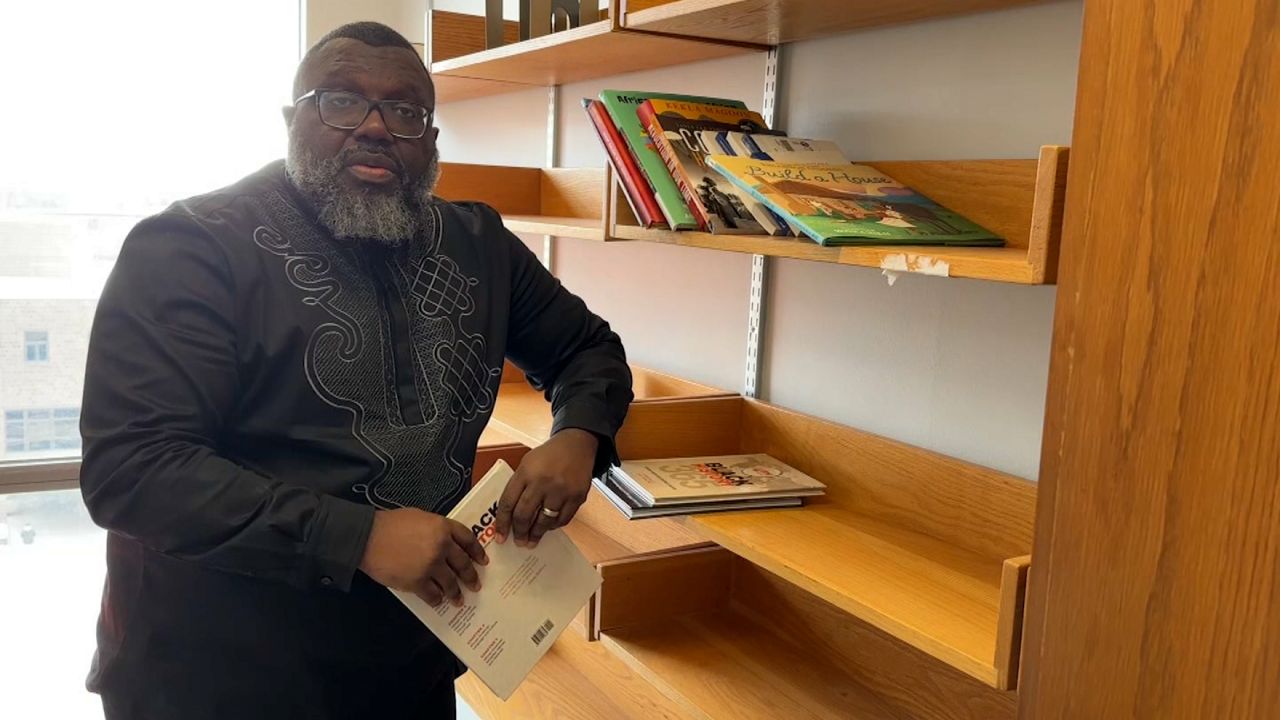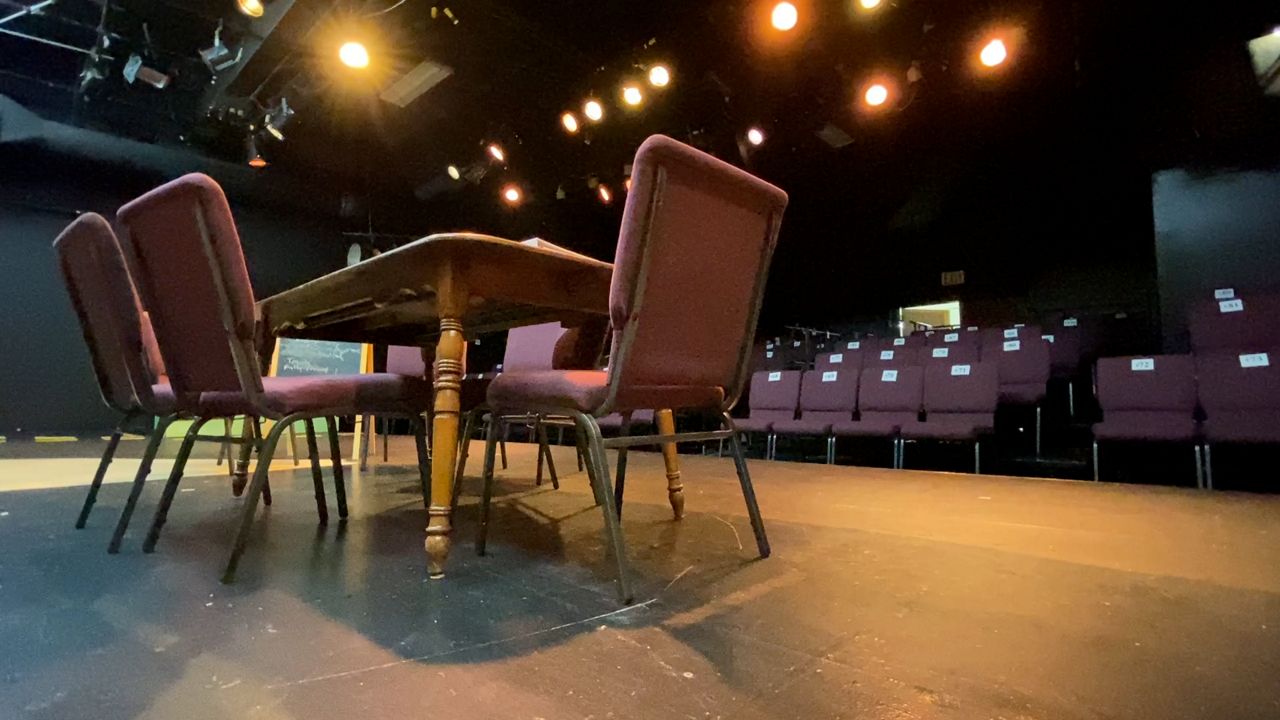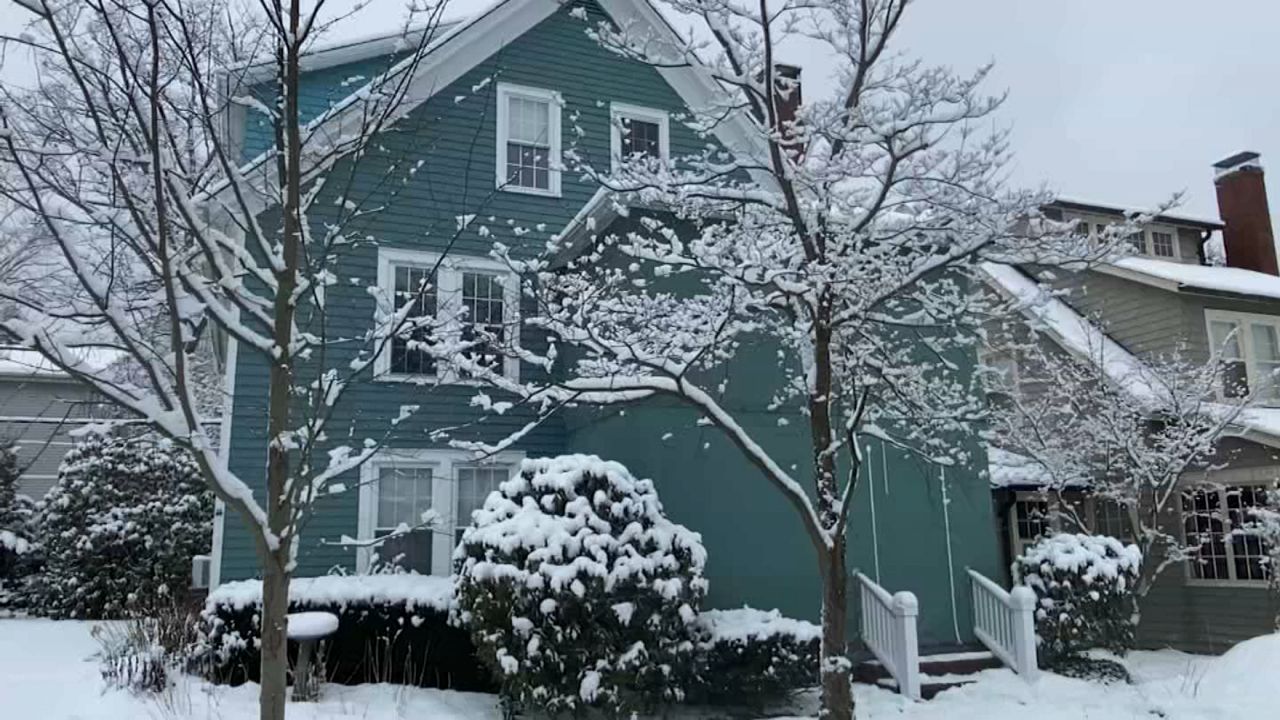The Chautauqua Institution is currently working to improve diversity and inclusion. There is a woman forever etched in Chautauqua's history who never stepped foot on the gated community's grounds.
"She was an enslaved person who was brought over from Africa to the United States," said Amit Taneja, senior vice president and chief inclusion, diversity, equity and accessibility officer at the Chautauqua Institution. "She was purchased by the Wheatley family as an enslaved person as a child and before her 20th birthday was emancipated, was a free person and became a very prominent poet."
Phillis Wheatley passed away in 1784, well before Chautauqua Institution was built, but decades later had a boarding house named after her on the grounds for African American domestic employees segregated from the families they worked for.
The cottage once stood where Fletcher Music Hall is now and closed in 1965 with the passage of the Civil Rights Act.
"And we can't own up to the history unless we know it, right?" said Taneja. "So, part of the marker here is to say that even at Chautauqua there was segregated housing at one point in our past."
In July 2021, the community gathered to dedicate the marker where the cottage last stood, realizing in part the irony that naming segregated housing after Phillis, despite her success as a poet, was not necessarily an honor.
"So to have the community come together to that dedication and really understand that history, to own it, to reflect on it, to then dialogue about it, is really what Chautauqua is about," said Taneja. "To promote that dialogue, we want to promote truth, we want to promote folks coming together to have those meaningful conversations."
"It was part of our history," said Erroll Davis, president and chairman of the African American Heritage House. "It is very significant. It is one of the few markers that has been put in place over the last 10 years at Chautauqua."
The Heritage House was founded in 2013 but established permanent residency on the grounds a few years ago.
Davis says it's important the history of the country and Chautauqua is told correctly.
"If it's not told correctly, you cannot get an appropriate understanding of people," Davis said. "And if you can't get an appropriate understanding of people, you cannot develop an appropriate relationship with people."
Relationships he says should erase the misconception of the institution and focus on people's similarities, not their differences.
"It's a wonderful place, but it shouldn't be just reserved for the elite," Davis said. "Black people are used to being called the other, but one of the things we try to do is to provide a place where you can also sit and relax and not be the other — a place of comfort on the grounds."
A place where both Erroll and Amit are working to preserve the past and build a brighter future.
"A way for everybody to engage with that history, to understand it so that we can better understand where we come from," said Taneja.
While the gates of Chautauqua are open all year round for visitors to get a glimpse of the marker or the exterior of Heritage House, its nine-week summer season opens Sunday, June 25.










